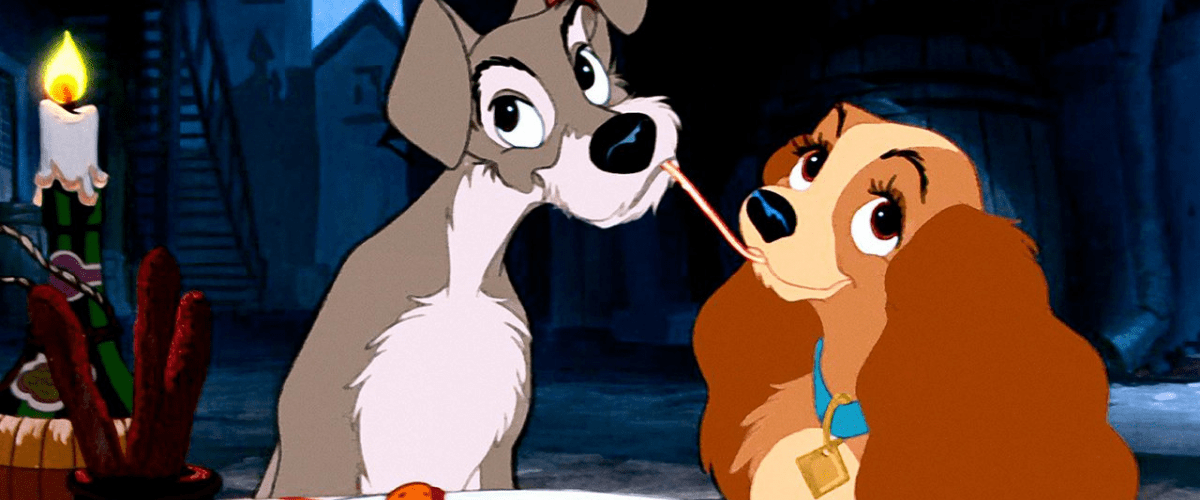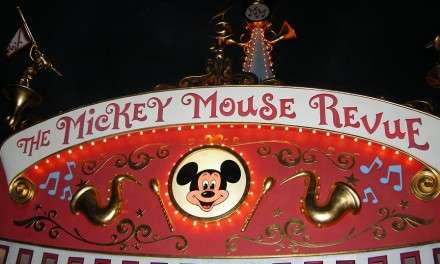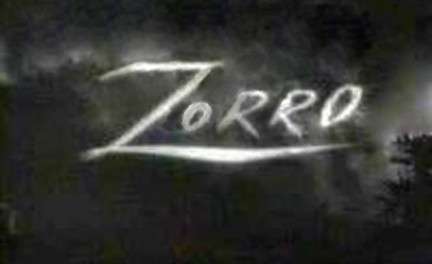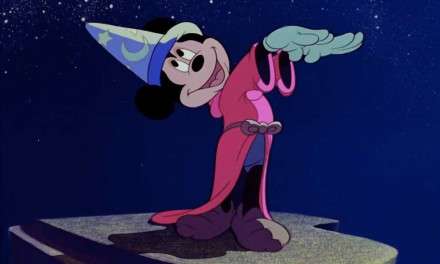As any Disney fan knows, the Company has been on a cinematic reboot frenzy for the last few years. Disney has been taking some of its classic animated features and rebooting them into live active derivatives. As far as I am concerned, Disney does not fail in its endeavors, especially in the film genre. Even classic animated features are transformed into modern, CG graphics with tremendous success. IE, the Lion King, which I totally enjoyed! This trend continues with the release of “Lady and the Tramp” one of Walt’s most beloved works.
Walt was adamant concerning sequels. He hated resting on his laurels and wanted to press on with new and fresh material. His famous quote…” You can’t top pigs with pigs” he retorted after being asked if he would make more Three Little pigs shorts after the phenomenal success of the first. Badgered even by his brother Roy and theater owners, he relented and made three more. As Walt predicted, they were nowhere as successful as the first. Whether this still holds true or not, time will tell. But I believe Walt is still looking down with a jaundiced eye and upturned eyebrow. But with the continued features being reworked, and their acceptance by the fans, Walt is still a major influence in the Company he spawned.
Let’s take a look at the original feature, Lady and the Tramp. We’ll go over the storyline and some of the background history. When you see the remake, you can judge yourself if it holds a candle to the original…
This animated romance was released on June 22nd, 1955. It is special in several ways. It was the first Disney film not distributed by RKO Radio, but by Disney’s own Buena vista film Distribution company. It was also the first feature to be filmed in the new CinemaScope Widescreen development. This film is also unique in the fact it is centered around the animals, or pets’ perception of humans and how they affect their lives. The humans in the feature are there, much like extras, adding the needed material for the story. The tale was based on a book “Happy Dan the Whistling Dog” by writer Ward Greene. But after going over for a time, Walt did not like the flow of the story and eventually had a whole new story written up by his own staff. It was also the first feature based on an original story by the studio.
Here is the plot of the story, influenced by Walt…On Christmas day in 1909, somewhere in a quaint New England town. Jim Dear gifts his wife Darling a cocker spaniel pup. Darling opens a hatbox and out pops this adorable puppy, and she quickly names it Lady. This part of the story is most likely from the fact that Walt gave Lillian a Chow puppy as a gift in a hatbox to make up for having forgotten a dinner date with her. Lady has the life of Riley with the couple, and befriends two dogs, a Scottish Terrier named Jock and Trusty, a bloodhound. On the other side of the town lives Tramp. Tramp, a Schnauzer/Terrier mix, lives free, but unlicensed and dreams of living in a home also. He begs for food at the local Italian restaurant, protects his fellow strays Peg and Bull from the dogcatcher. At one point in the story, Lady sees a vicious looking rat in the yard and snares and chases it away. The entry of the rat is a vital aspect of the story and will tie all things together.
The story continues with Darling, now expecting a child and treating Lady aloofly. Her friends Jock and Trusty try to explain that the “Humans” are having a baby, and try to explain why Tramp enters the conversation with his own outlandish explanations. Immediately disliked by Trusty and Jock, they chase him out of the yard. But when the baby arrives, Jim and Darling introduce Lady to their new baby boy. Lady immediately bonds and loves the baby. The couple soon goes on a short trip, leaving their Aunt Sarah in charge of the baby and Lady. She also brings her two mischievous Siamese twin cats, Si and Am. (Play on words of Siam!) When Si and Am begin to chase the bird and try to eat the fish, Lady intercedes and the house becomes a bit damaged. Aunt Sarah believes it was Lady’s fault and takes her to the pet store for a muzzle.
After forcing the muzzle on, Lady panics and runs away. Followed by two stray alley dogs, Tramp sees her peril and rescues her. Tramp takes Lady to a zoo and gets a beaver to bite off the muzzle. Previous, he tried to get an alligator to remove it, but he almost bit Lady’s head off. Tramp takes Lady around to neighborhood and showcases’ his owner and collar free lifestyle and tries to get Lady to join him. Later, in the most famous scene, he takes her to Tony’s Italian Restaurant where Tony and his assistant lavish a candle-lite spaghetti and meatball dinner on the couple, is where Tramp Kisses Lady. On the way back to Lady’ house, Tramp cajoles Lady to chase chickens in a coop. When fleeing, the dogcatcher snags Lady.
In the pound, all the dogs know Tramp. They tell Lady that Tramp had many girlfriends and will never settle down. Aunt Sarah eventually picks up Lady, and to ensure she does not destroy the house as she believes she did, chains her to the doghouse. Friends Jock and Trusty come by to solace her, and tell her strays cannot be adopted. Tramp shows up to apologize for letting her get captured, she challenges him about his past girlfriends. She is inconsolable and Tramp leaves. At this time, Lady observers the nasty rat trying to get into the yard. Because she is chained, she can’t get to him and barks and barks. Aunt Sarah yells at her to be quiet. Tramp hears the commotion and comes back. He asks how to get in, Lady shows him the small door. Tramp sees the rat in Jim Jr.’s room, and in the process of finally killing the rat, he knocks over the baby’s crib.
Meanwhile, Lady breaks the lease and comes in to help Tramp. Aunt Sarah runs into the room and seeing the overturned crib, thinks both dogs did it. She forces Tramp into a closet and Lady into the cellar, then calls the pound to take Tramp away. Jim Dear and Darling come home as the dogcatcher departs with Tramp. Lady barks and leads the group to the dead rat, exonerating Tramp. Jock and Trusty decide to help Tramp. After finding the wagon, they bark and the frightened horses cause the wagon to tip over on a telephone pole. Jim Dear comes by car with Lady, and she and Tramp are reunited. But the wagon fell on Trusty, and we don’t know if he was killed. At Christmas, Jim Dear and Darling adopt Tramp, who now has a license, and he and Lady have four puppies…Three girls, Annette, Danielle and Collette, and a son Scamp, who looks just like Tramp. The happiest scene is when Jock comes to visit, and Trusty is limping behind, his leg in a cast! A perfect Disney ending.
The whole movie is made even more extraordinary by the dialog of the dogs! Their accents and mannerisms are perfect. The premise of the feature revolves around a dog’s world and their perception of the human world was flawlessly executed. In fact, throughout the entire film, human faces are rarely seen.
As far back as 1937, Walt was considering a similar story. Disney Legend Joe Grant had a springer spaniel named Lady. When their first child was born, Lady became an amazing protector and nanny, so to speak to his baby. Joe suggested to Walt a story about a dog and baby and different situations. Walt agreed to further development, with the addition of Tramp for a love story angle. But Walt was not satisfied with the development and shelved the idea. However, in the mid-’40s Walt met with Ward Greene. Ward was the general manager of the King Features newspaper syndicate, publisher of the Disney comic strips. King also penned several plays, seven novels, and a children’s book.
The meeting was about a story Greene had written in 1943 titled…” Happy Dan, the Whistling Dog”. Walt loved the idea of a free-roaming mutt in Greene’s story, combined with a prim and proper cocker spaniel that would ensure a traditional action romantic film. And being an original story, Walt wanted it available to the public two years before the actual film, to acquaint readers with the storyline and characters. He is Walt’s explanation of the story… “This is how Lady and the Tramp came to be written. My studio staff and I had been thinking about a dog story in which a pretty little debutante cocker spaniel was to be the heroine—a story in which a human family would be seen and judged through the eyes of their pet. We called her Lady”.
“It was then that I came across Ward Greene’s raffish short story Happy Dan, the Whistling Dog. It seemed to me that Ward’s roguish mutt might be just the fellow for Lady and it was obvious that Ward Greene knew a lot about household pets as well as those alley rovers who wear no man’s collar”.
I lost no time in contacting Ward. He knew in a moment what ailed our precious Lady. So we conferred and palavered and exchanged doggish anecdotes and family experiences involving our own pets. It wasn’t long before Ward had whistled up the Tramp. In a minute, the gay dog was calling our shy Lady ‘little pigeon’ and the two hit it off together wonderfully. Once these two canine characters had been introduced, it didn’t take much urging to incite Ward to write a book about them.
Simon and Schuster published the first edition of “Lady and the Tramp in 1953. Although Greene is credited as the sole writer, it was Walt who named the dog Tramp. Early drafts he was named Rags, Bozo and Homer. Distributors of the book first objected because they thought the title to “Risqué” sounding for a Disney endeavor.
The finished movie took four years to make and four Million dollars. What makes this more amazing is that Walt was already short on funds with the development of Disneyland. It also took time for the new CinemaScope process to complete. The press release for the film stated… “It took 2 million rough and finished drawings by more than 150 Disney artists and animators to arrive at the 110,000 full-color frames of the film which make up this heartwarming canine caper. Inking the finished drawings onto ‘cels’ and painting them in for the photographing required the services of 100 girls who used 700 gallons (nearly 4 tons) of paint mixed in 100 shades.” After the film’s release, Walt stated… “Nearly all our stories up to this time had that international quality when the film was released to theaters. Lady and the Tramp were very American, but it had dogs and they’re international. Freedom would be the keyword in discussing the advantages of this situation. We were free to develop the story as we saw fit, which is not the case when you work on a classic”.
It is a wonderful and simple story, but there were some changes made. In the original, Trusty when crushed beneath the wagon was supposed to die, and when Jock prods him and he doesn’t move, he howls. In Bambi, Walt was criticized for allowing Bambi’s mother to die, so that is why Trusty is seen limping with only a broken leg in the final scene. Peggy Lee who voiced Darling stated… “In the original story, ‘Old Trusty’, the bloodhound was killed by the wagon. By this time, every character was real to me, I couldn’t stand it and actually started to cry” “Walt said, ‘What’s the matter, Peg?’ I replied, ‘That’s too sad, Walt. Please let him live. Please don’t let him die…” “You need the drama’, he said. ‘If everything goes along too evenly, you don’t have a story” I argued ‘Yes, but it’s just too sad’. Walt replied… “Well, I’ll see what we can do, but the rat stays dead”.
Another amazing fact is the classic romantic scene of Lady and the Tramp eating spaghetti and sharing a kiss behind Tony’s Italian restaurant was on Walt’s cutting board. He believed it was too uncomfortable at best. Thankfully, animator Frank Thomas, whose own dogs who ate spaghetti, drew up some sketches which changed Walt’s mind. That scene occasioned in the most aped romantic moments in filmmaking history.
The voice casting for the film was Barbara Luddy as Lady, Larry Roberts as Tramp, Bill Thompson as Jock, Bill Baucom as Trusty, Verna Felton as Aunt Sarah, George Givot as Tony, owner, and chef of Tony’s, Lee Millar as Jim Dear, Peggy Lee as Darling, Stan Freberg as the beaver, Alan Reed as Boris, a stray male Borzoi from the dog pound, Thurl Ravenscroft as the alligator, Dallas McKennon as Toughy, a stray male mutt from the dog pound and the Mellowmen as the dog chorus. Despite being over 64 years old, this simple and timeless classic love story today still endures, loved by all ages. And if I know my Disney Company, this reboot will attract millions of modern-day viewers looking for a more “Simple” way of life.





